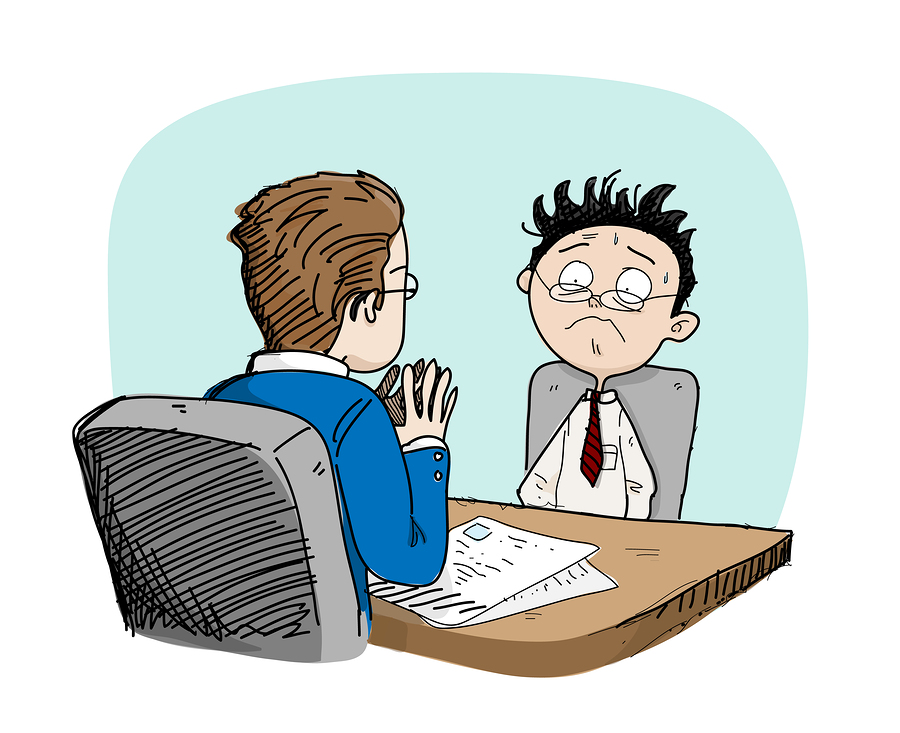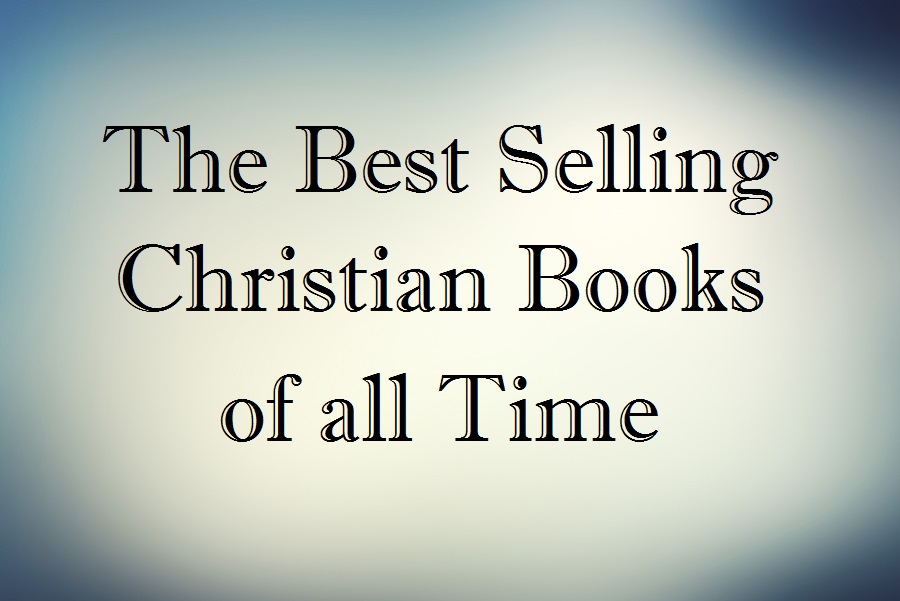Thanks to Becky McCoy for requesting advice for conference meetings with agents and editors at conferences. You can find a lot of counsel for meeting with agents on the different agency blogs, but I thought I’d supplement those posts with advice from some of the in-house editors you’ll find at this years’ conferences. So I emailed said editors and asked them to share their wishes with you. Here are their responses. (Some of which are uncredited, to protect the honest—er, innocent. <smile>) Thanks to all the editors who shared!
_____
It’s important for authors to remember that we are all individuals, with our own preferences, skills, and unique set of experiences. There is not a one-size-fits-all formula for these meetings. Some editors want to read a piece of writing on the spot; some—like me—can’t read while someone is watching and would prefer to see the writing later. Some want a one sheet, some—like me—don’t really want to carry away even that single sheet of paper (though I’ll still accept it). It’s probably best to give the short pitch, and then ask questions, “Would you like my one sheet?” “Would you like me to go into more detail or would you like to see a writing sample?”
Dawn Anderson, Kregel Publishing
_____
I think the most important thing is to BREATHE. Agents and Editors do not bite (except Steve Laube) and we are truly interested in what they have to say. But preparation and knowing what you want to say ahead of time will ease the jitters. Take a deep breath and just start… “Hi, I’m xxx and I have written an 80,000-word contemporary romance set in xxxx. “
Susan Brower, Gilead Publishing
_____
First, start with the idea that the person across the table might become a friend, a contact in the industry. Even if he or she isn’t a candidate for your idea…who knows what might come up in the future.
Second, I don’t wish to sit and read your proposal or your one sheet. Tell me about it. This is my best chance to hear your enthusiasm, your passion…and start to see how you’d communicate about your book if we were your publisher.
Third, frame your pitch. “I’m writing a three-book historical romance series set in (fill in the blank). The heroine needs/loses/must….so the hero must…..” Or “I’m writing a Christian living book for women (ages, if it’s more specific) who feel/need/want…” I’ve been ten minutes into an author’s pitch before I figured out that what I thought was a novel was, in fact, self-help.
And finally, who started the infestation of one sheets?
A veteran editor
_____
The one thing I wish writers knew when walking into a 15-minute appointment is that editors love to help. We’d rather brainstorm with someone who wants to learn and improve than listen to someone who’s memorized an elevator pitch.
Alice Crider, David C. Cook
_____
Remember that these few minutes are not the culmination of your writing career. In fact, they are actually building blocks of that career. Come to these meetings prepared to share but also (and maybe more so) prepared to learn. You will receive valuable input on writing style, audience reach, ways to improve, broaden, etc. Each piece of advice and wisdom will add so much to that specific piece you are sharing, but also to your career. Make a decision before you sit down for your first appointment to not walk away disappointed. Glean all you can from the time and trust the Lord to do the rest.
Kim Bangs, Baker Book Group, Chosen
_____
Know what the publisher publishes. It doesn’t matter how good your proposal is, you can’t talk them into what they never publish.
Lonnie Hull DuPont, Baker Publishing Group, Revell
_____
Come prepared. Make sure your story has a strong marketable hook. Be prepared to share the hook of the story, not a 15-minute synopsis, with me. Try your hook out on friends or other attendees to see if what you have is truly unique and marketable. See if the hook of your story grabs their attention and makes them want to know more. If it doesn’t, brainstorm ways to communicate it more effectively.
Use your time at the conference with other storytellers to brainstorm ways to strengthen your story.
Do your research on the publisher so you’ll know if your genre or story might be a fit. If you discover your story isn’t a fit, be prepared with questions you might have about that publisher or the industry as a whole. Take advantage of that editor’s 15 minutes of undivided attention.
Senior Acquisitions editor
_____
Try to relax. I know it’s sometimes hard, but that person in front of you is there for you! They came to the conference so they could meet with you and hear what you have to say. Just be yourself. That will make the experience more enjoyable for both of you.
Kim Moore, Harvest House Publishers
_____
There you go. Hope that helps you not only prepare for conferences, but enjoy them like never before.



 The Best Selling Christian Books of all Time
The Best Selling Christian Books of all Time

Wow, Karen. What a comforting post today. So many of us come to agents and editors with our dreams full of hope and fear. I’ll come back to this post before going to ACFW and try to approach my appoints with peace and hope to make a friend. I like the thought of treating the appointments like a building block.
Thanks so much for sharing!
Karen
Thanks for the enlightening post. I’ve met and pitched to most of them and can say if take the position of a
student hungering to learn…you will. Editors and agents are people who have a specific job in the publishing realm and at a
conference they are jet lagged and get tired at some point. When I pitch to an editor or an agent I listen and always leave them with some kind of encouragement. I am determined to give not simply get.
Be blessed!
Karen, Thank you for compiling all the helpful information.
Thank you, Karen, for this information. I guess the “one sheet” is going the way of the Dodo. I find it interesting that the hoops we writers are supposed to jump through constantly change. Last year, the one sheet was a must when pitching to an agent.
It’s good to read blogs by agents so we writers know what to do/not do and come across as informed.
I wonder if it would be a good idea to have a one-sheet PDF or graphic/JPEG saved to your smart device so you could share in the meeting and/or quick-email to the agent/editor so they have it? I agree — printing paper doesn’t seem the way it’s done any longer. It was five years ago but not so sure now.
Thanks for the tips. For writers, those 15 minutes are precious and we want to make the most of them. It is an interview and we want to be hired, no wonder we’re anxious!
Steve, for weeks, each time you post, I receive a gobbledy-gook comment on my notifications. Ridiculous stuff. Any others having this problem? What do you suggest?
My writing partner and I are attending ACFW for the first time in Nashville. Any hints are very welcome and this was a helpful post.
Thank you.
I love these gems of advice. True, after spending a year of your life creating a story that you love, it’s easy to stress and to conclude this 15-minute interview is “make or break” time. It’s not. I find it helpful to bear in mind that, no matter what happens, God’s hand is on me, and He knows what needs to happen at this juncture in my life.
Part of the big picture is keeping in mind that interviews are one way to get acquainted with professional colleagues. One editor (not named above) had to decline my first novel when a man on his pub board didn’t get on board, but that editor assured me another house would buy the story, and he’s become a friend. Another editor (one of those above) had to decline my third novel (which someone else published), yet has become a welcome friend in the business even though we’ve never had the pleasure of working together. Keep the big picture in mind, friends!
Thank you! *deep breath*
Looking forward to putting this advice into practice.
Karen, thank you soooooooo much for your words of wisdom. This August, I will go to my first-ever writing conference and was wondering how to best prepare for the unknown. Breathing sounds like a good thing!
Good practical advice, Karen. Thank you. I’m printing this post off and will put your comments into practice at the Oregon Christian Writers Conference.
Karen,
How wonderfully thoughtful you are. To share with us the advice from the present editors is an invaluable service.
I love this post!
And, seriously, who did start the infestation of one-sheets?
My very first editor appointment was with Kim Moore. She made me feel so comfortable. I ended up really enjoying the time and getting to know her.
I also had an appointment with Kim Moore several years ago and I agree. I remember walking out of that meeting with a smile on my face! 😉
Thank you for these great reminders!
Fantastic post. I’m sharing it with friends! (P.S. Don’t be afraid of Steve Laube. He’s very nice.) 😉
Great advice! Wish I read something like this 5 years ago. Also, I might be wrong, but why do I get the feeling that the Veteran Editor who gave input is SL? ? I read this blog way too much.
Thanks Karen! So wish I’d had this before my first pitch… I’m afraid I only walked away with a funny story!
What a helpful post!! Thank you so much. I’m blown away by the kindness and generosity of all of the professionals I’ve sat with over the past couple of years. Sometimes the answer was no, but I never walked away not having learned something new. Each and every one made sure to give input on how to make my project better. I’m really thankful.
I’ve just now had a chance to read this post from yesterday, but thank you for sharing. Loved reading what various editors prefer at the appointment, and I also appreciate their time and willingness to listen to so many writers (I’m sure it must get exhausting, LOL). 😉
I must add that Kim Moore (mentioned above) is an editor I truly relaxed with at a conference several years ago – – she’s a “cat person” like me, so once I learned that, I wasn’t nearly as nervous. 🙂
Great pointers that can certainly take the edge off of that first meeting! We’re all people and the pitch won’t make or break our entire writing careers. Having an attitude of a learning student instead of a desperate salesman can make all the difference. Thanks for this post!
So glad you’ve all found this info helpful! The very best thing for you to do at any meeting with an agent or editor is just talk to them. It’s a face-to-face meeting, so make eye contact, relax, and have fun!
Thanks for this much needed information. I thought I had to avoid agents/editors/publishers until my “80,000” page novel was perfect and complete (whenever that will be). Lately, I have been thinking it would be nice to sit down with someone in the business and learn which direction I should take my precious, time consuming baby that is probably ugly and needs a make over. I am on a writing journey and have a lot to learn. Along this journey, I also want to encourage and be acquainted with others in the business. As Christians we have a different focus on relationships that God can bring our way. I have been afraid of wasting someone’s valuable time by making an appointment at a conference. I think I will change that behavior.
Thank you for this timely post, Karen. First time conference attendee — good to know I am just going to talk to someone that I hope will become a lifelong friend.
I made the semifinals for the Genesis contest. Will I have an advantage by telling this up front at my agent/editor appointments?
Also, an agent I’d really love to pitch to is teaching a class, but not participating in appointments. How do agents feel about a writer approaching them after a class for a hopeful pitch?
Extremely helpful. Thanks!